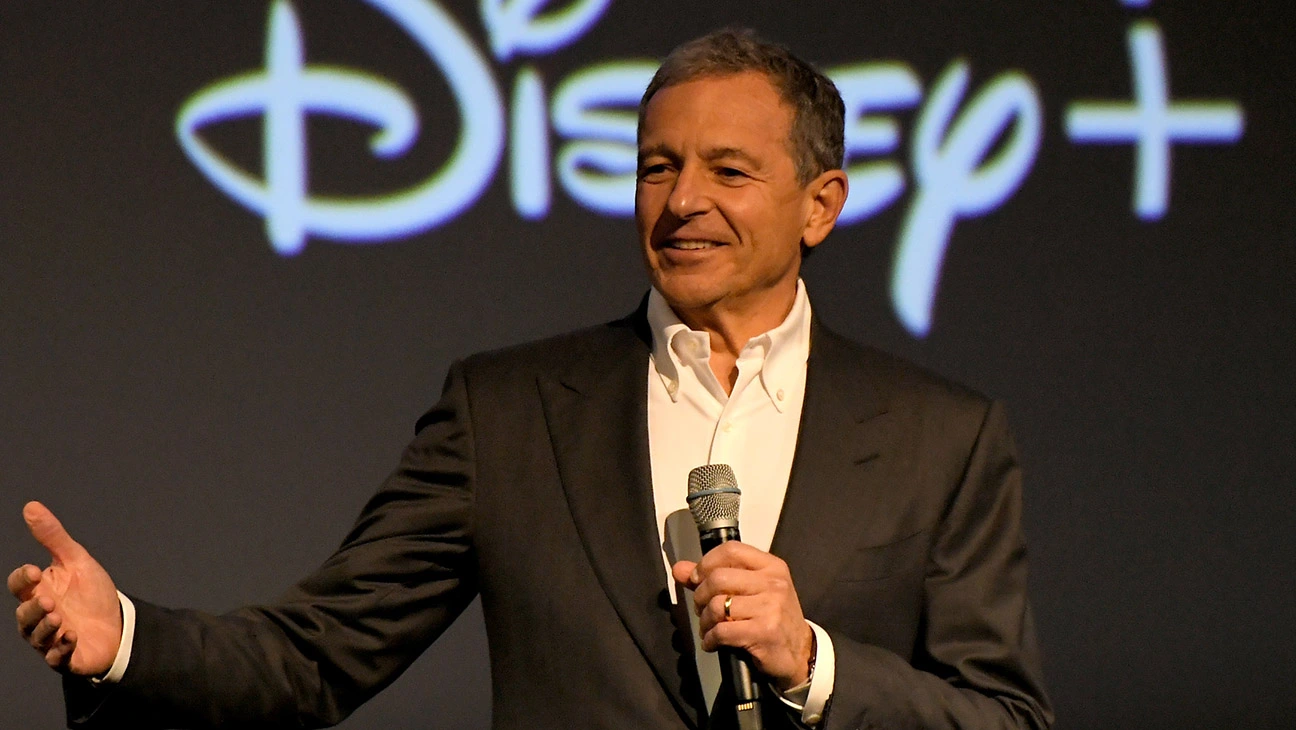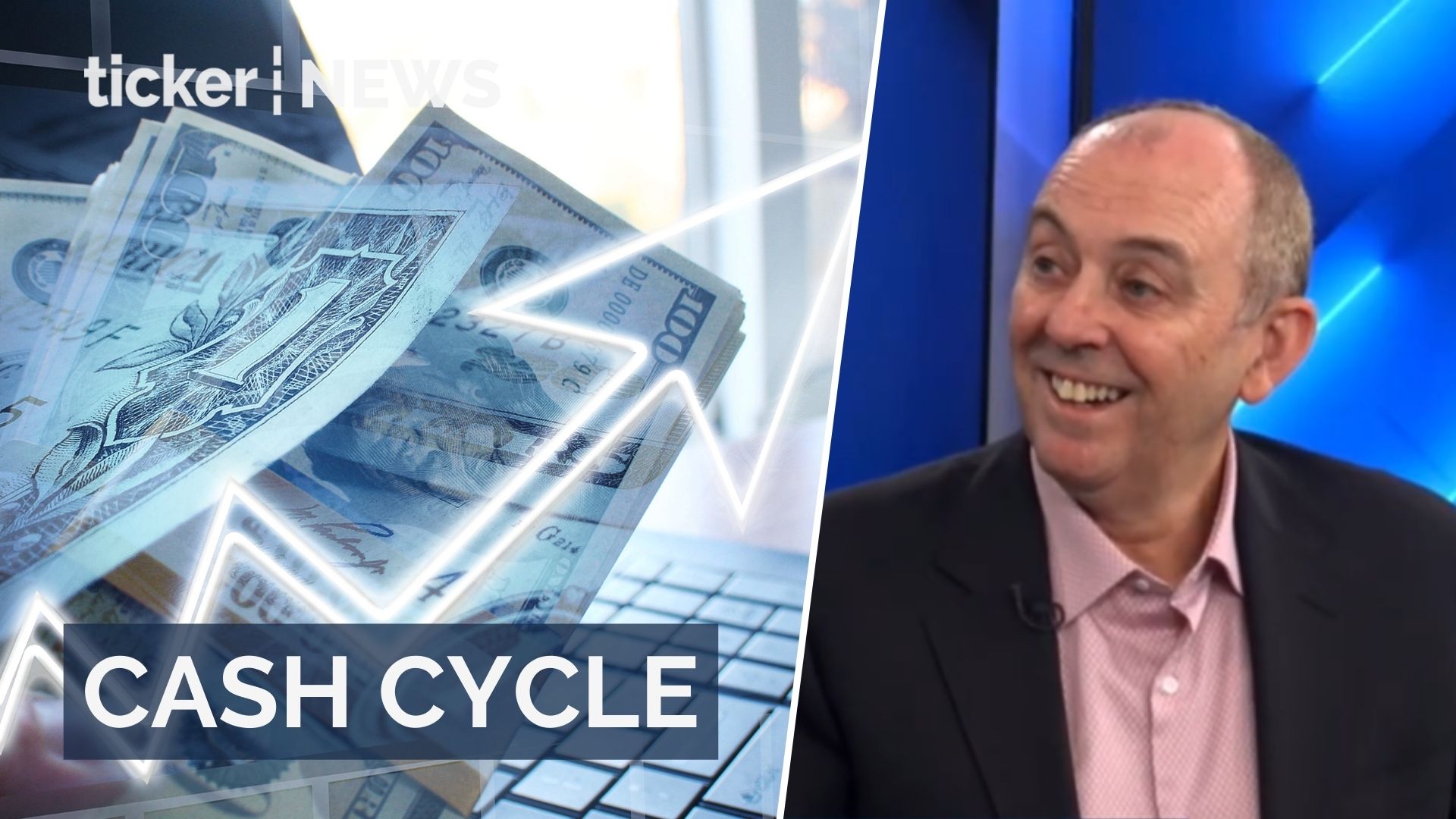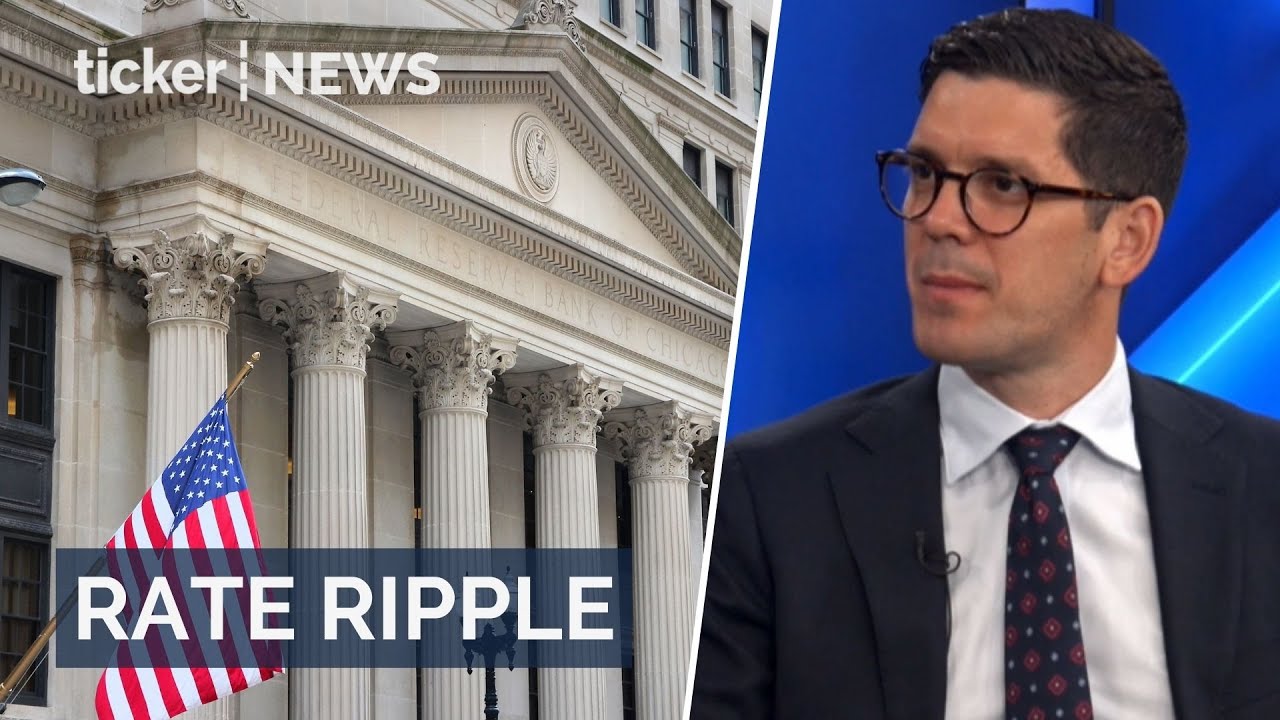Walt Disney (DIS.N) reported missing Wall Street’s revenue expectations for the quarter, yet assured investors that it was set to surpass its earlier commitment to slash costs by over $5.5 billion as pledged in February.
Despite the announcement, the entertainment conglomerate noted a slight underperformance in U.S. Disney+ subscribers compared to analyst forecasts.
Following the release of the results, Disney shares experienced a 1% decline in after-hours trading.
CEO Bob Iger, in his second tenure leading Disney, confronts a range of challenges spanning the entirety of the entertainment empire. Apart from Wall Street’s mandate to attain profitability in its streaming division, Disney contends with a deteriorating television segment and a film box office that has yet to rebound to pre-COVID levels.
Unprecedented times
Iger addressed this transformation in a statement, characterizing it as “unprecedented” and inclusive of company restructuring aimed at enhancing efficiency and rekindling creativity. “In the eight months since my return, these important changes are creating a more cost-effective, coordinated and streamlined approach to our operations, that has put us on track to exceed our initial goal of $5.5 billion in savings,” he stated.
Disney’s fiscal third quarter saw a reduction in losses within its streaming video services to $512 million, compared to a loss of approximately $1.1 billion from a year ago. The addition of 800,000 Disney+ subscribers fell short by 100,000 in comparison to analyst projections. Furthermore, the company saw a decrease of 12.5 million subscribers for the Disney Hotstar service in India, representing nearly 25% of its subscribers. This was attributed to the relinquishment of rights to Indian Premiere League cricket matches.
Revenue for the quarter ending July 1 was reported at $22.33 billion, indicating a 4% increase from the previous year. However, this figure fell below the Wall Street consensus estimate of $22.5 billion, as per Refinitiv data. Adjusted earnings per share amounted to $1.03, surpassing Wall Street’s forecast of 95 cents per share. The comparability of these adjusted profit figures was not immediately clear.
Restructuring costs
The quarter included $2.65 billion in impairment and restructuring charges, covering expenses related to content removal from streaming services, termination of licensing agreements, and $210 million in severance payments for laid-off employees.
Disney’s conventional television business sustained a decline in revenue and operating income across both its broadcast and cable TV sectors. Elevated production costs for sports programming and decreased affiliate revenue impacted the performance of its cable channels. Television revenue for the quarter experienced a 7% decrease, amounting to $6.7 billion, while operating income dropped by 23%, reaching $1.9 billion.
Disney’s direct-to-consumer segment recorded a 9% rise in revenue, totaling $5.5 billion, with higher average revenue per subscriber for Disney+ and Hulu.
The unit responsible for content sales and licensing reported a more substantial operating loss of $243 million, compared to a $27 million loss in the preceding year. This quarter encompassed the release of “Guardians of the Galaxy Vol. 3,” which underperformed at the box office compared to the prior year’s “Doctor Strange in the Multiverse of Madness.” The live-action remake of “The Little Mermaid,” released during the same quarter, also fell short of expectations.
The Parks, Experiences, and Products group observed a 13% revenue increase, reaching $8.3 billion, alongside an 11% boost in operating income, totaling $2.4 billion. The upturn was driven by the recovery of Shanghai Disney Resort, which operated throughout the quarter compared to the same period a year ago when it was closed for all but three days due to COVID-19 restrictions. The domestic parks experienced a decline in operating income, largely attributed to decreased performance at the Walt Disney World Resort in Orlando, Florida.




 News3 days ago
News3 days ago


 Ticker Views5 days ago
Ticker Views5 days ago


 Crypto2 days ago
Crypto2 days ago


 Ticker Views2 days ago
Ticker Views2 days ago


 Money3 days ago
Money3 days ago


 News3 days ago
News3 days ago


 News4 days ago
News4 days ago


 Docos3 days ago
Docos3 days ago





